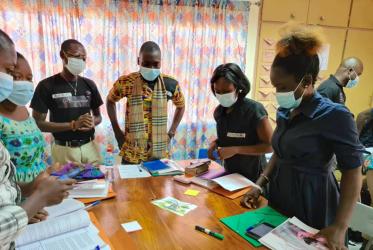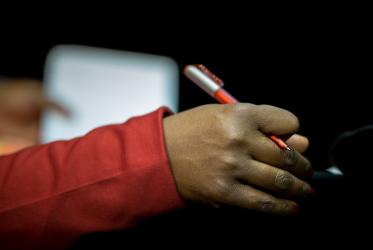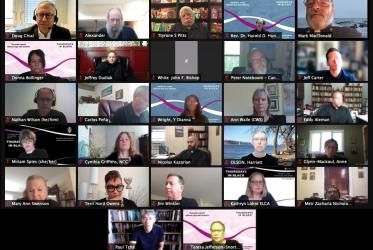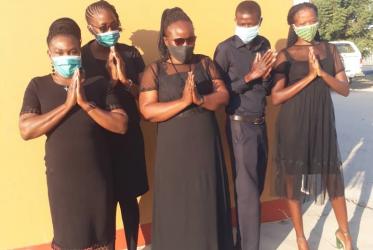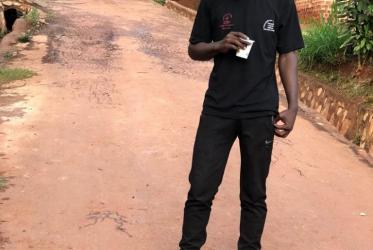Hillary Nuwamanya, 24, kam HIV-positiv zur Welt und hat sich dazu entschieden, sein Leben so zu leben, dass er ein Beispiel für andere Menschen in ihrem Kampf für mehr Hoffnung sein kann.
Ein wichtiger Teil der Ökumenischen HIV- und AIDS-Initiativen und Advocacy des Ökumenischen Rates der Kirchen besteht darin, dass Menschen wie der aus Uganda stammende Hillary andere darin unterrichtet, wie sie ihre Gemeinschaften nach den Grundsätzen der Geschlechtergleichheit, der Gendergerechtigkeit und mit Null Toleranz für sexualisierte und geschlechtsspezifische Gewalt leiten können. Hillary nimmt ebenfalls oft an generationsübergreifenden Workshops über HIV und Gendergerechtigkeit teil oder moderiert sie.
28 May 2020





